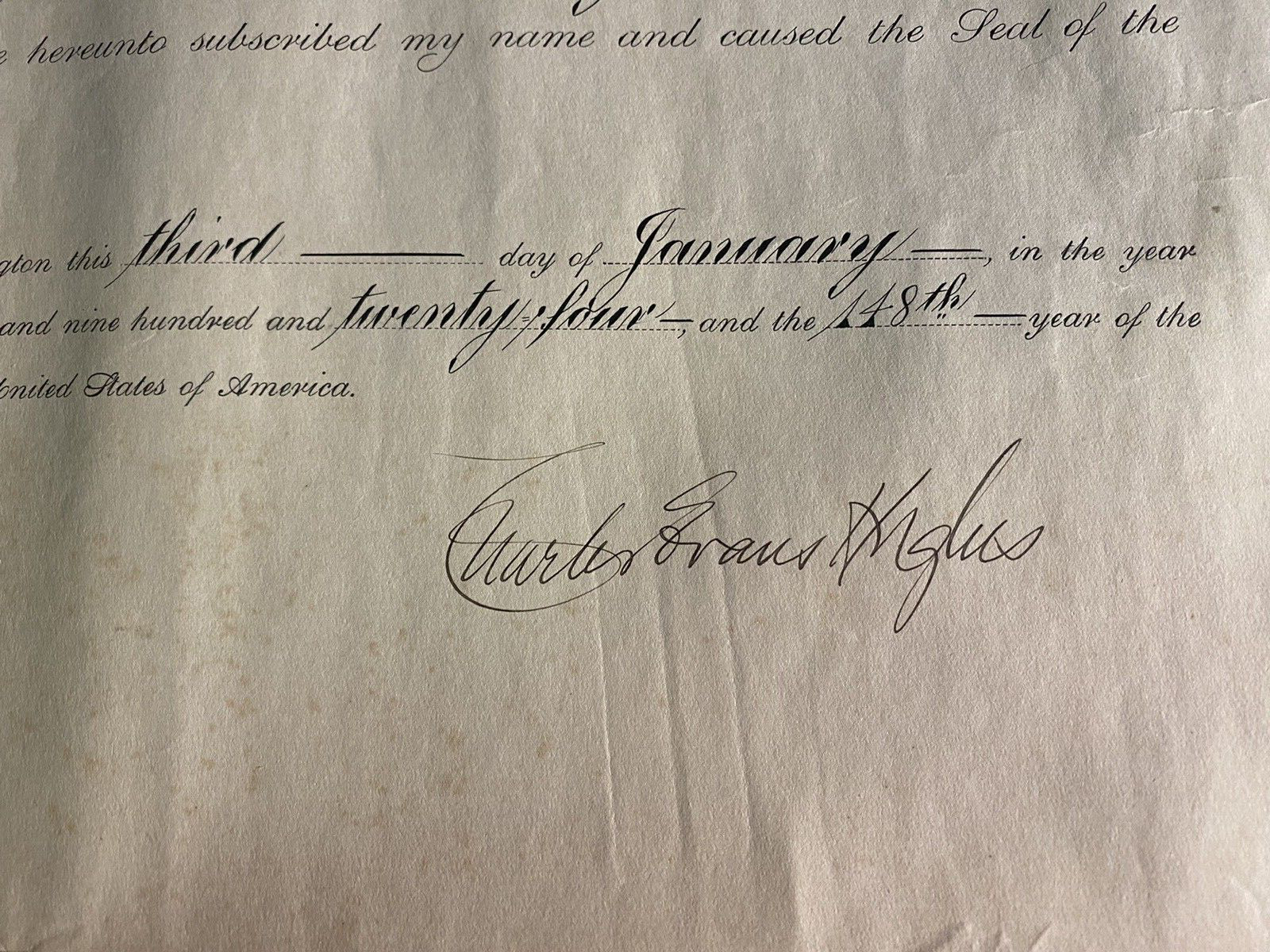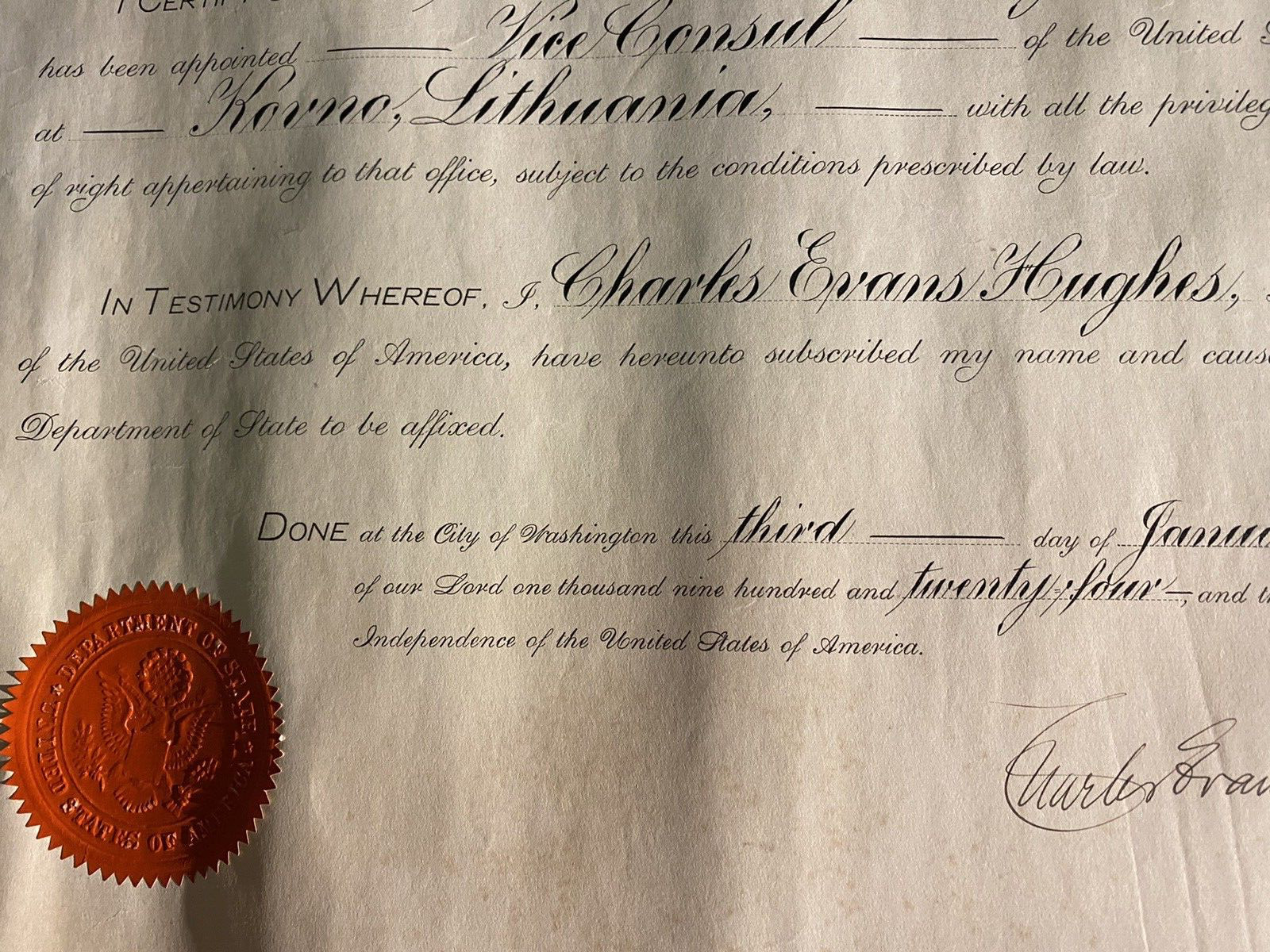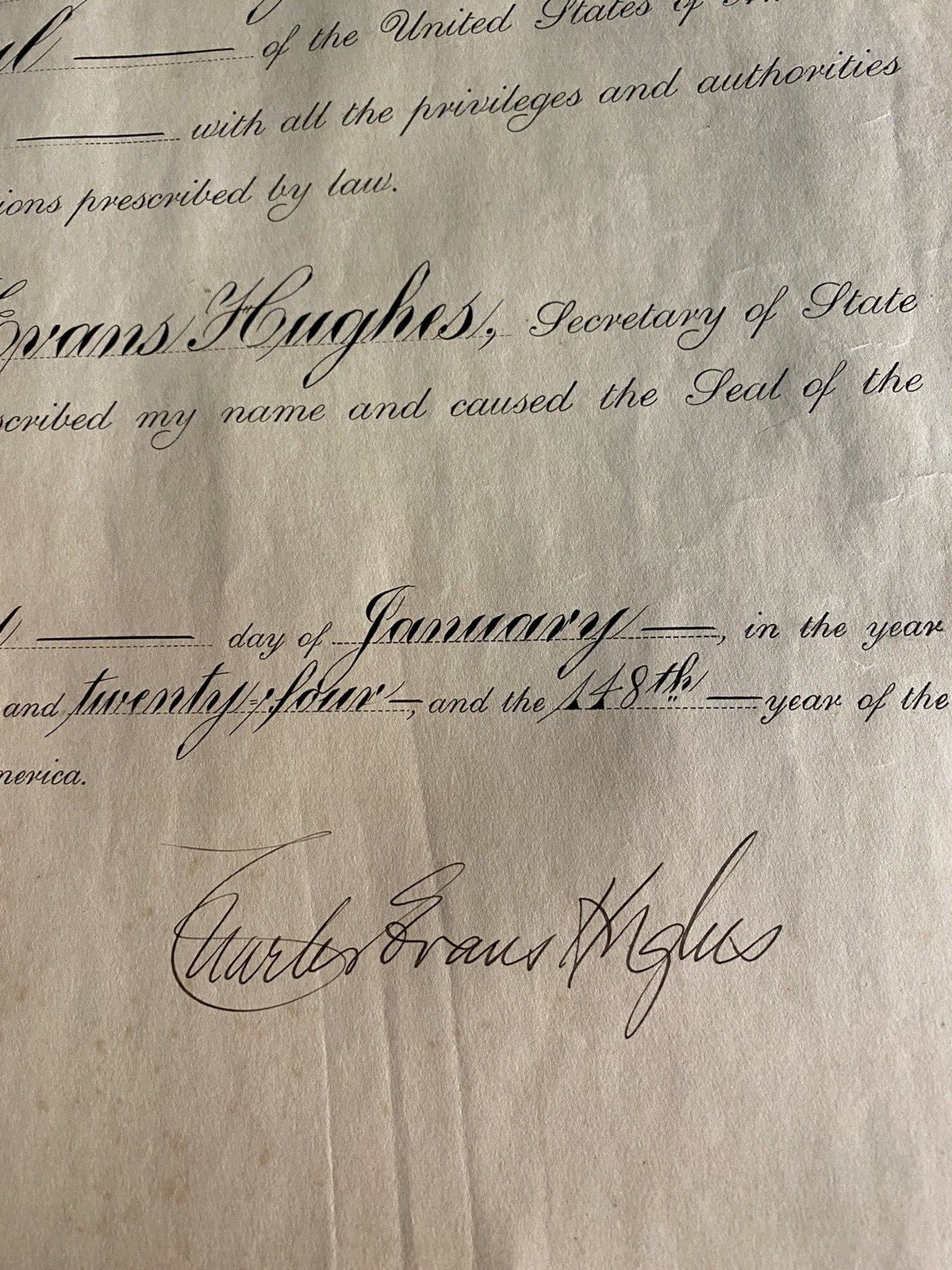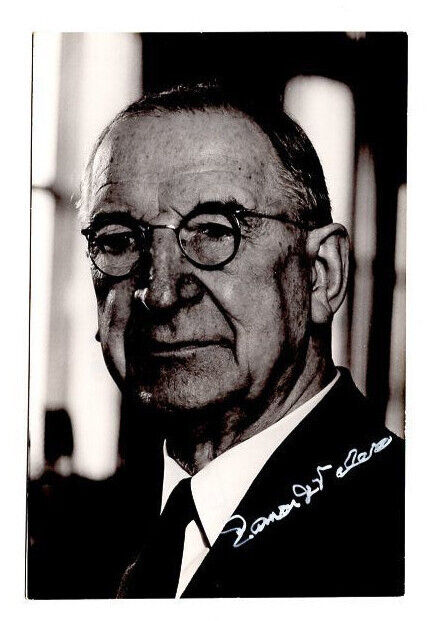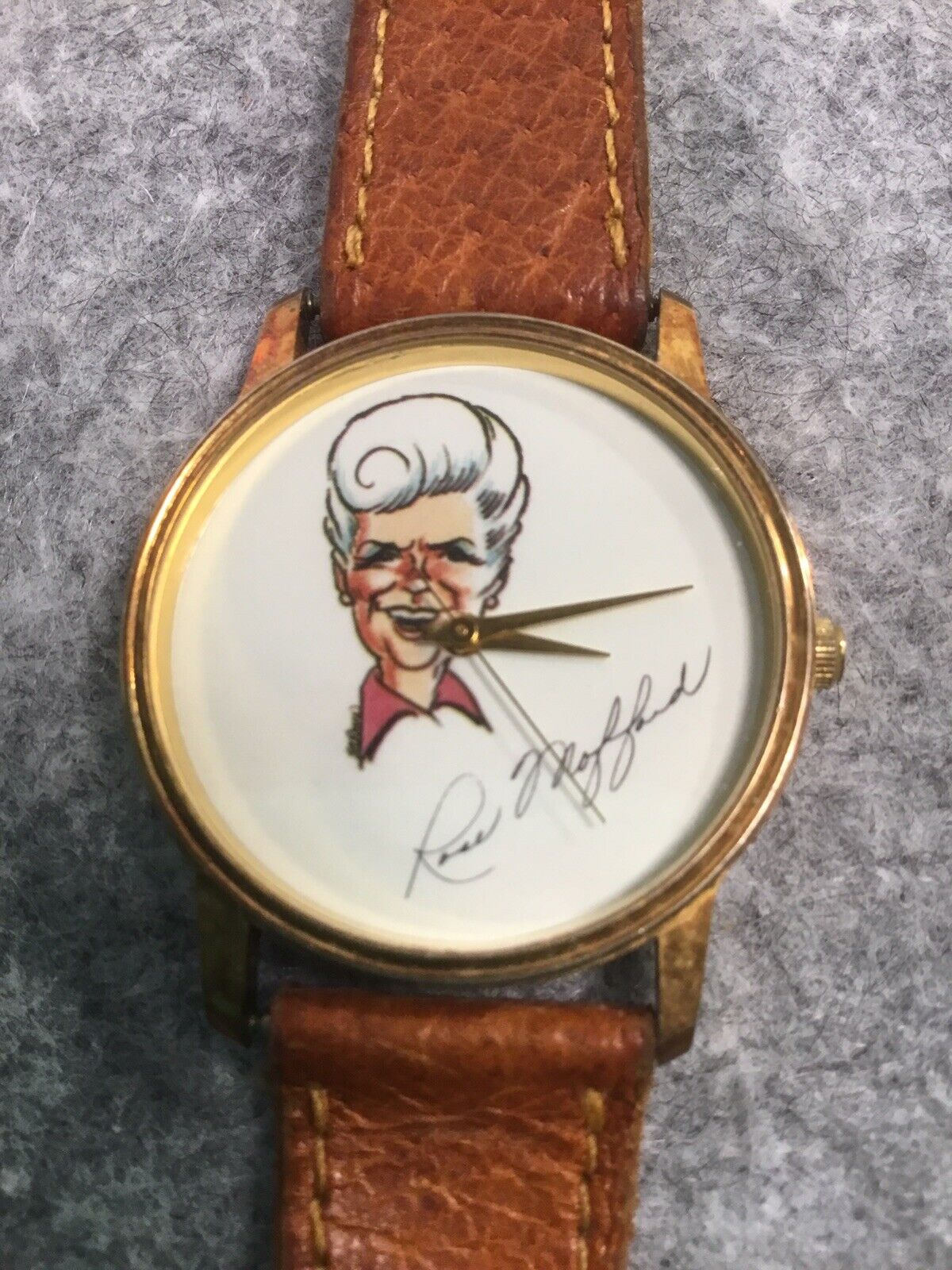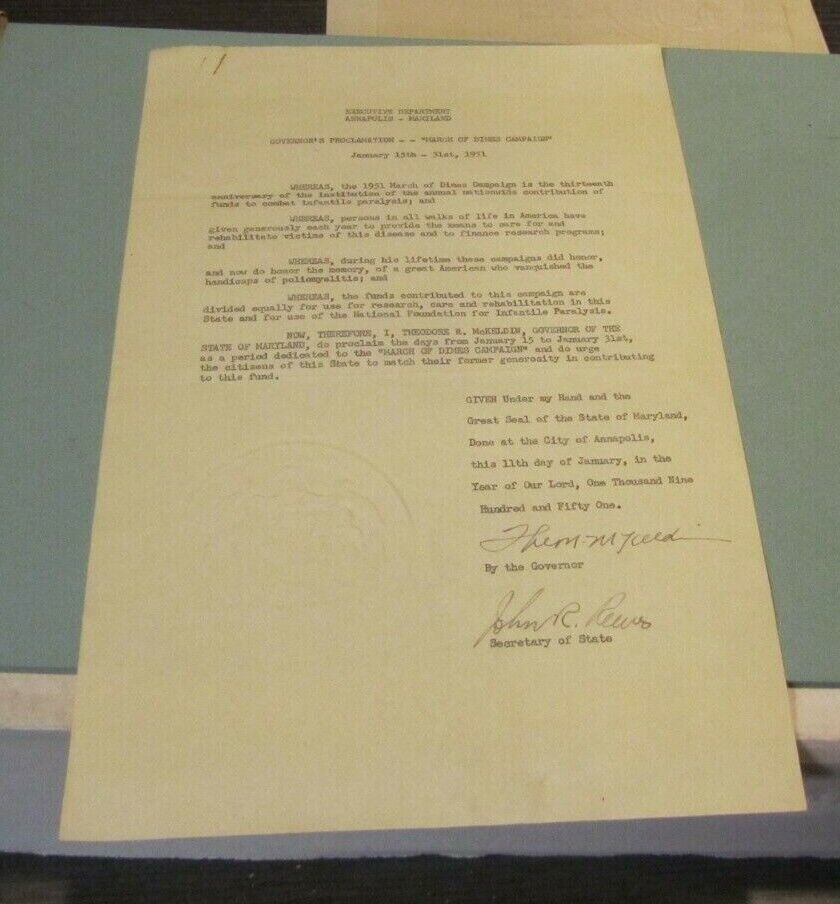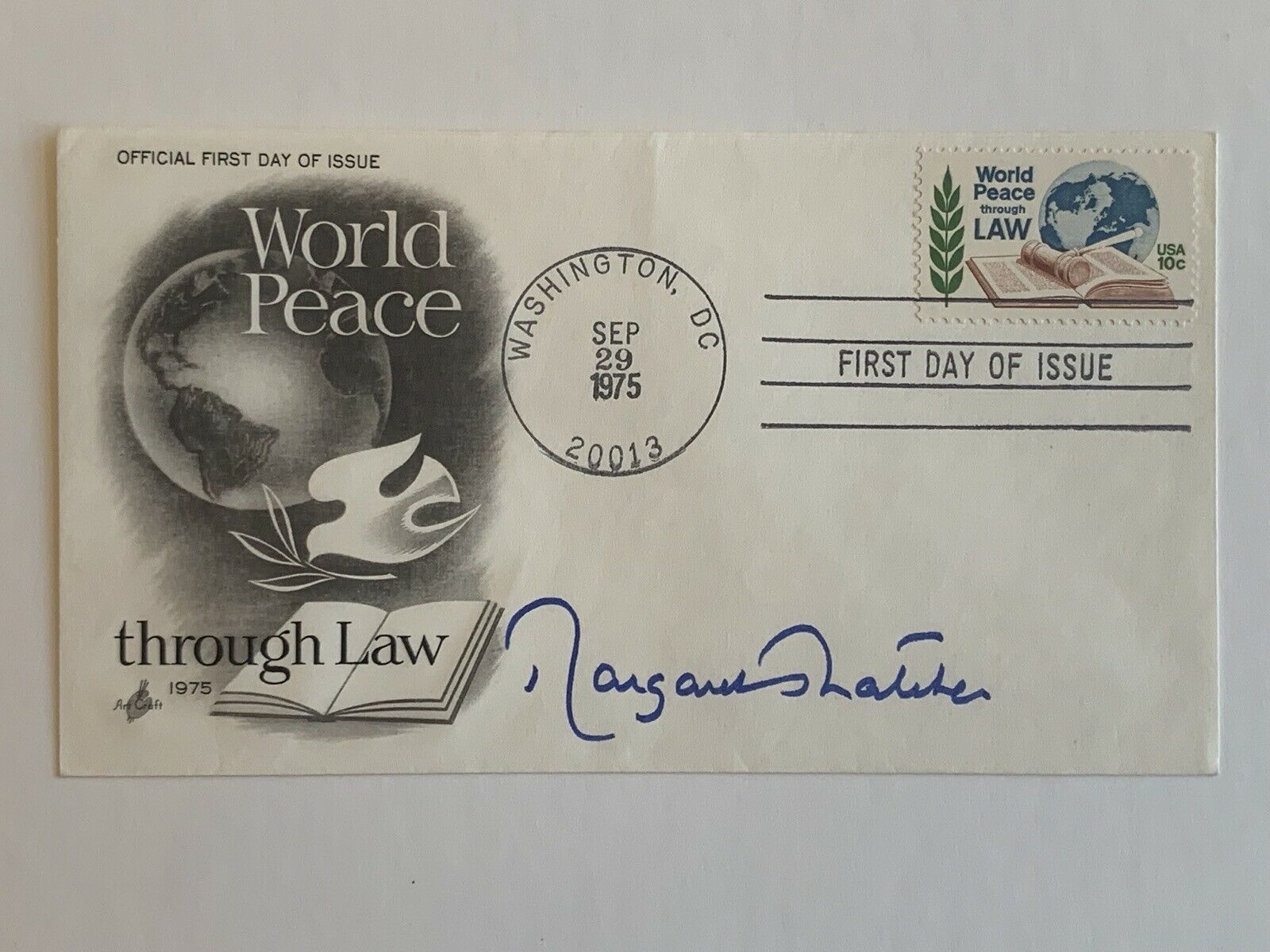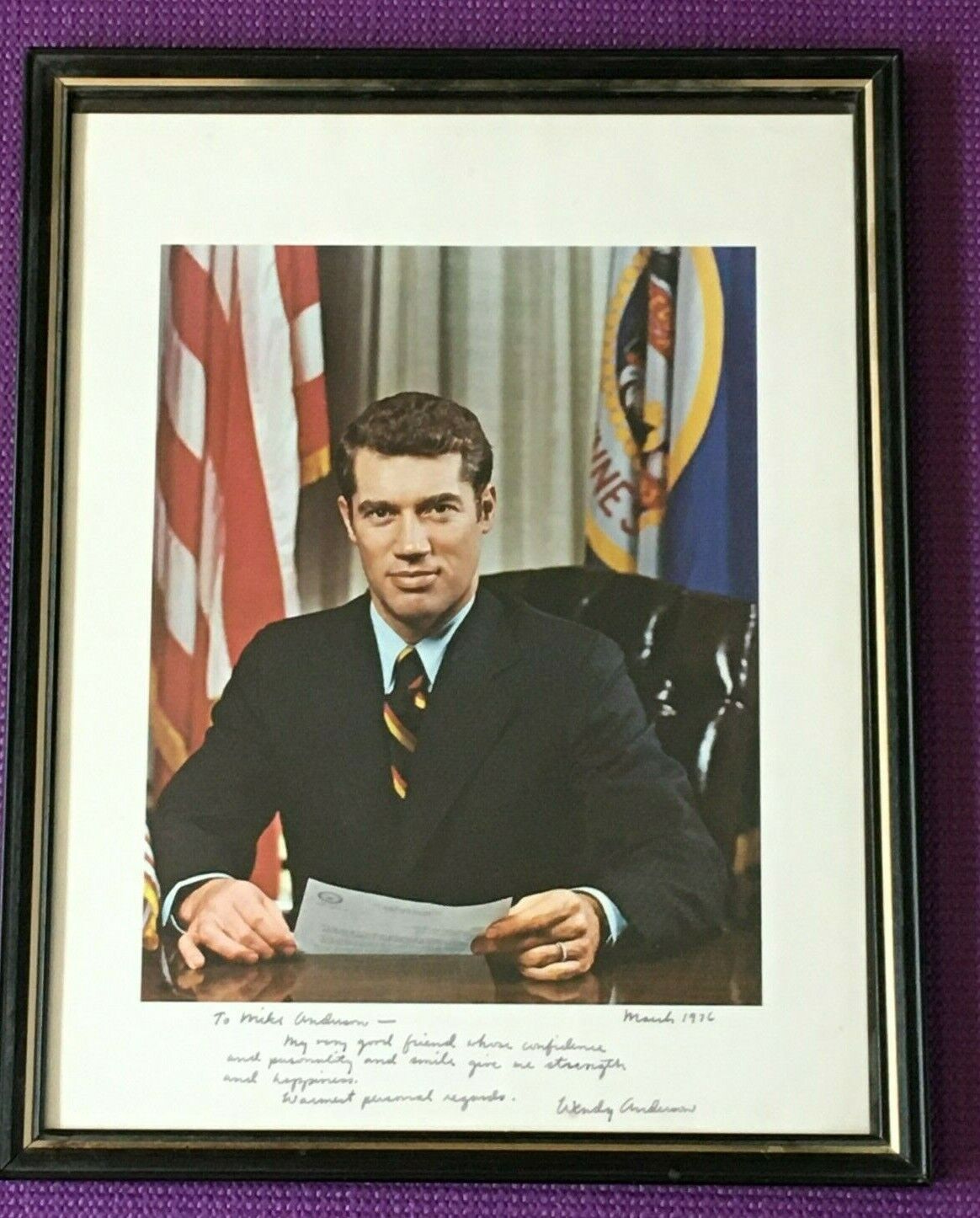-40%
Secretary Of State Supreme Court Chief Justice Signed Charles Evans Hughes 1925
$ 79.2
- Description
- Size Guide
Description
Offered Official Appointment Vice Consul Kovno Lithuania with State Department seal SIGNED by Chief Justice Charles EvansHughes January 3, 1924; 17" X 14".
Biographies of the Secretaries of State: Charles Evans Hughes (1862–1948)
Introduction
Charles Evans Hughes served as Secretary of State from March 5, 1921, to March 5, 1925, during the administration of President Warren Harding. He continued as Secretary after Harding’s death in office, but resigned at the beginning of President Calvin Coolidge’s full term.
Charles Evans Hughes, 44th Secretary of State
Rise to Prominence
Hughes was born in Glen Falls, New York in 1862. That same year his family moved to New York City, where he was raised and attended school. He graduated from Brown University at the age of nineteen, with the second highest honors.
Hughes was a prominent public figure long before becoming Secretary of State. He had been a noted anti-corruption attorney in New York before being elected Governor of that state in 1906. He was then appointed to the Supreme Court by President William Howard Taft, a position from which he resigned in the summer of 1916 to run for President against incumbent Woodrow Wilson as the candidate of the Republican Party.
After losing the 1916 presidential election, Hughes re-entered public life as President Warren G. Harding’s choice as Secretary of State. After Harding’s death and Calvin Coolidge’s election, Hughes resigned from the post in favor of Frank B. Kellogg, but continued to lead a productive public life. Among his other projects, he served on the Permanent Court of International Justice at The Hague from 1928 until 1930. Newly elected President Herbert Hoover reappointed Hughes to the Supreme Court in 1930 as Chief Justice. Hughes served on the Court until 1941. He died in 1948.
Influence on American Diplomacy
Hughes came to the office of Secretary of State at a moment of transition in U.S. politics. President Wilson’s internationalist ideas, grounded in his wartime Fourteen Points and his advocacy of a new League of Nations designed to prevent future wars, had been discredited in the United States during the peace negotiations at the end of World War I. Although President Wilson had successfully negotiated the Treaty of Versailles, ending the war and establishing the League, the U.S. Senate had refused to ratify the treaty in 1920, and President Wilson had been unwilling to compromise in order to secure its passage.
President Harding was elected in part because of his call for a return to “normalcy,” and as a result Hughes implemented a foreign policy that pursued only the most limited connection to the League or the principles of collective security laid out during the Wilson administration.





